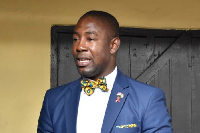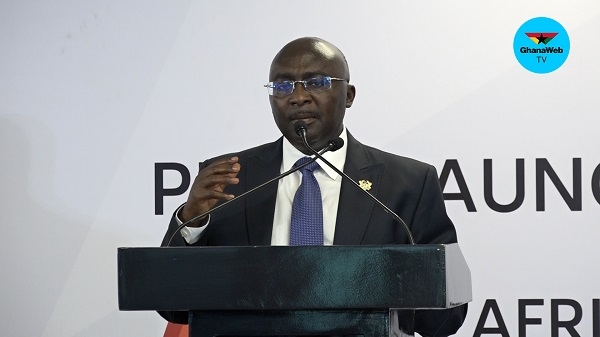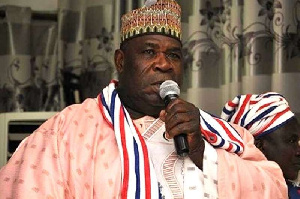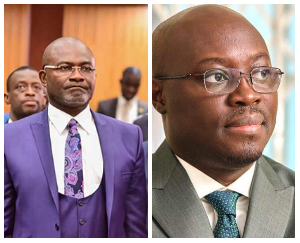POLITICS
Ghana’s NPP and NDC: A Tale of two Governments
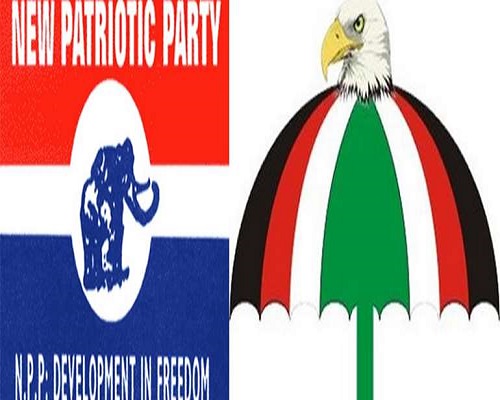
Ghana, a West African nation known for its rich cultural heritage and democratic traditions, has been governed by two major political parties since the country’s return to democratic rule in 1992. The New Patriotic Party (NPP) and the National Democratic Congress (NDC) have alternated in power, each leaving an indelible mark on the country’s development trajectory.
The NPP, founded in 1992, is a center-right party that has traditionally been associated with liberal economic policies and a strong emphasis on individual freedoms. The party’s first stint in power began in 2001, when John Agyekum Kufuor won the presidential election. During Kufuor’s two terms in office, the NPP government implemented several key policies, including the National Health Insurance Scheme (NHIS) and the Ghana School Feeding Programme.
In 2009, the NDC, founded in 1992, returned to power under the leadership of John Evans Atta Mills. The NDC is a center-left party that has historically been associated with socialist and social democratic policies. During Mills’ tenure, the NDC government implemented several initiatives aimed at reducing poverty and inequality, including the Livelihood Empowerment Against Poverty (LEAP) program.
In 2017, the NPP returned to power under the leadership of Nana Addo Dankwa Akufo-Addo. Akufo-Addo’s government has implemented several key policies, including the Free Senior High School (SHS) policy and the One-District-One-Factory (1D1F) initiative.
Despite their differences, both the NPP and NDC have made significant contributions to Ghana’s development. However, both parties have also faced criticism for their handling of key issues, including corruption, economic management, and infrastructure development.
One of the major challenges facing both parties is the issue of corruption. Ghana has consistently ranked poorly on Transparency International’s Corruption Perceptions Index, and both the NPP and NDC have been accused of engaging in corrupt practices.
In conclusion, Ghana’s NPP and NDC governments have each left an indelible mark on the country’s development trajectory. While both parties have made significant contributions to Ghana’s growth and development, they have also faced criticism for their handling of key issues. As Ghana continues to navigate the complexities of the 21st century, it is essential that both parties prioritize good governance, transparency, and accountability.
Ultimately, the success of Ghana’s democracy will depend on the ability of both the NPP and NDC to work together to address the country’s pressing challenges. By prioritizing the interests of the Ghanaian people above partisan considerations, both parties can help build a brighter future for the country.
Source: Thepressradio.com| BA

